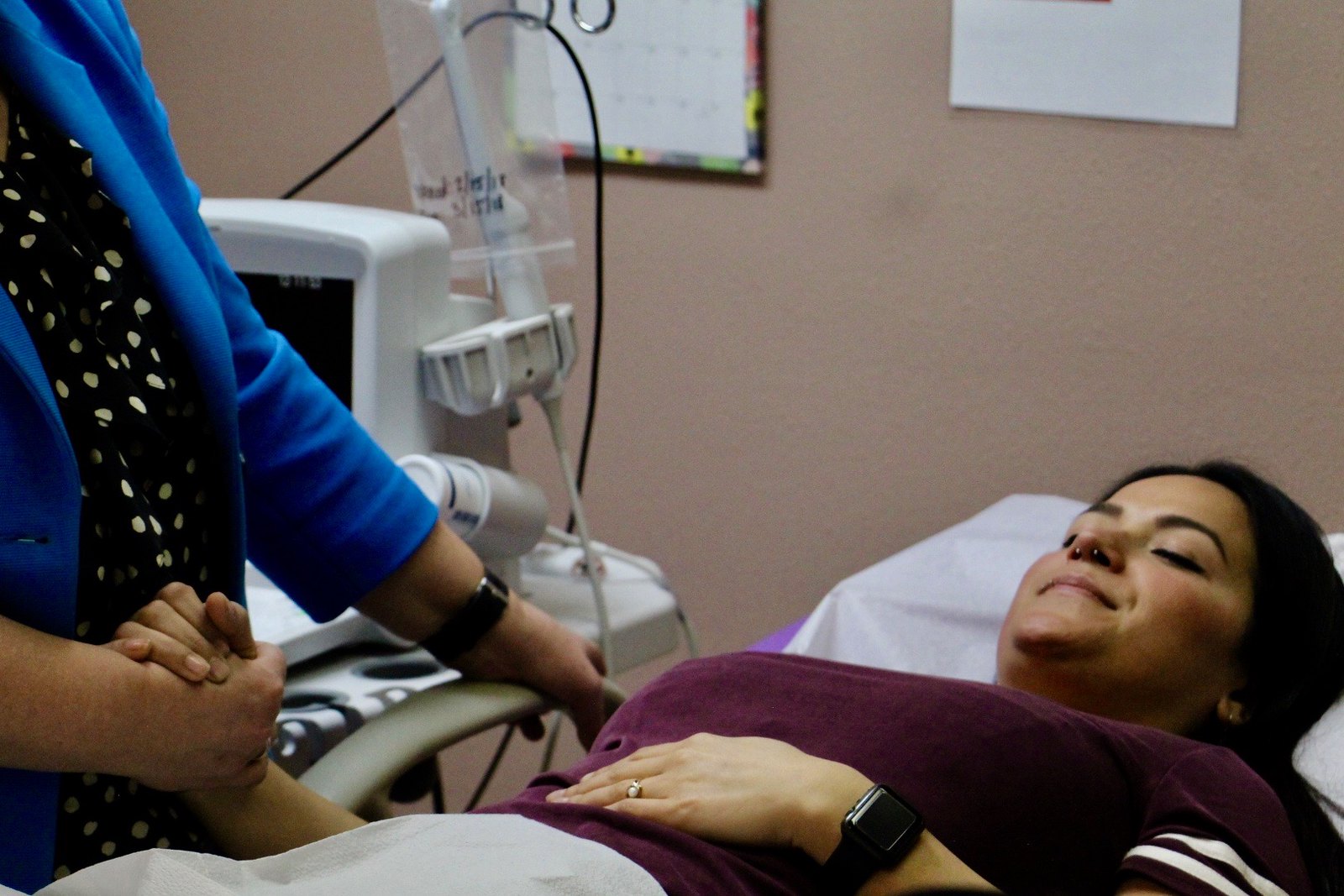This summer, the Supreme Court overturned Roe v Wade, the landmark case from 1973 that previously affirmed the right to an abortion, effectively ending access to safe, legal abortions in large swaths of the United States. Many across our country are still grappling with the ramifications of this decision as it relates to the right to privacy, which is at the core of the physician-patient relationship that we regard as sacred in the field of medicine. The shockwaves are unlikely to end anytime soon. It is hard to predict all of the ways this decision will affect a range of issues, including the practice of medicine. But how in particular will this affect medical education? And what can medical students do about it?
Long before this week, medical education on abortion has been dramatically deficient. A 2005 national survey of obstetrics and gynecology clerkship directors revealed that 45% of respondents offered clinical abortion training during the third year, 32% offered at least one lecture on the topic, while 17% offered no formal abortion education at all. This percentage has remained relatively stagnant as of 2021, meaning 20% of medical school graduate doctors have no medical knowledge of miscarriage management, inadequate skills to provide safe abortion services and minimal training in non-directive patient counseling. Students across the country are hungry for this kind of training, with many specifically citing interest in improving proficiency in contraception and options counseling. Already, medical students in conservative states are less equipped than their peers in New York or California to enter residency with the same baseline knowledge. Students should not receive less education based on the location of their institution.
It is time medical students realize that we have a critical role to play in demanding appropriate and competitive curricula. Even with increased interest in the full spectrum of reproductive healthcare among medical students, students still face a variety of barriers to this type of training, including hospital policy, university policy, and state law. Once again, individuals with no medical degree or clinical experience are dictating medical education. The Supreme Court has rejected the cornerstone of patient privacy and autonomy, making it all the more important that medical students across the country support each other and advocate for further abortion training. We can be our own allies and advocates.
Two years ago, at the height of the pandemic, student leaders of the University of Oklahoma College of Medicine’s Medical Students for Choice Chapter organized the campus’ first-ever (virtual) Reproductive Health Symposium, a student-led initiative aimed at providing a bevy of specific, varied and meaningful sessions on reproductive medicine. Past sessions have ranged from adolescent medicine to second/third-trimester abortions to trans experiences in healthcare. This event has continued to evolve since its inception, and the group plans to continue improving and expanding the event in the years to come. While this inaugural programming was the first of its kind at this institution, medical students across the country have been working to provide supplemental educational experiences on reproductive health for students.
Student-led initiatives like this are a vital component of medical education, shining light on necessary medical information in environments that otherwise minimize access to such training. As future physicians, we owe it to ourselves and to our future patients to advocate for holistic reproductive health education as a part of our training. Now more than ever, we need inventive, dedicated and capable physicians leading the charge to re-capture access to reproductive healthcare. Without necessary training during medical school, what hope do our future patients have?
While we do not know what is to come, physicians-in-training need to act now to solidify what rights we do have to reproductive health curricula before our educational limitations mirror the impending medical restrictions in 26 states. As residency programs must understandably prioritize what limited experiences they can for residents (due to ACGME procedure requirements), medical student education will likely progressively slip through the cracks. It is possible that more students will seek medical education outside of their state of residence, greatly increasing the already exorbitant cost of a medical degree with out-of-state tuition. This also encourages the flight of pro-choice allies from the very states that need them most. Regardless of the fields we are entering, whether that be obstetrics and gynecology, family practice, psychiatry, urology or any other specialty, this decision affects all of our future practices.
The partisan politics surrounding abortion make it a taboo topic, even within medical education circles, leading to rigorous oversight and regulation. Aside from the immediate devastating consequences of this Court’s decision, we are looking down the barrel at future encroachment on the physician-patient relationship, once upheld as sacred and privileged within the field of medicine. We need to protect this relationship at all costs. This means banding together as students, creating our own educational experiences, and advocating for our education so that we may all enter into patient care and medical advocacy well-equipped and well-informed. Advocacy for our future patients starts now.
Image credit: IMG_6934 (CC BY 2.0) by Robin Marty

